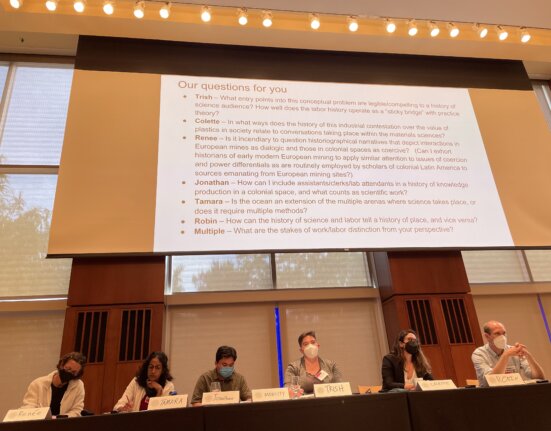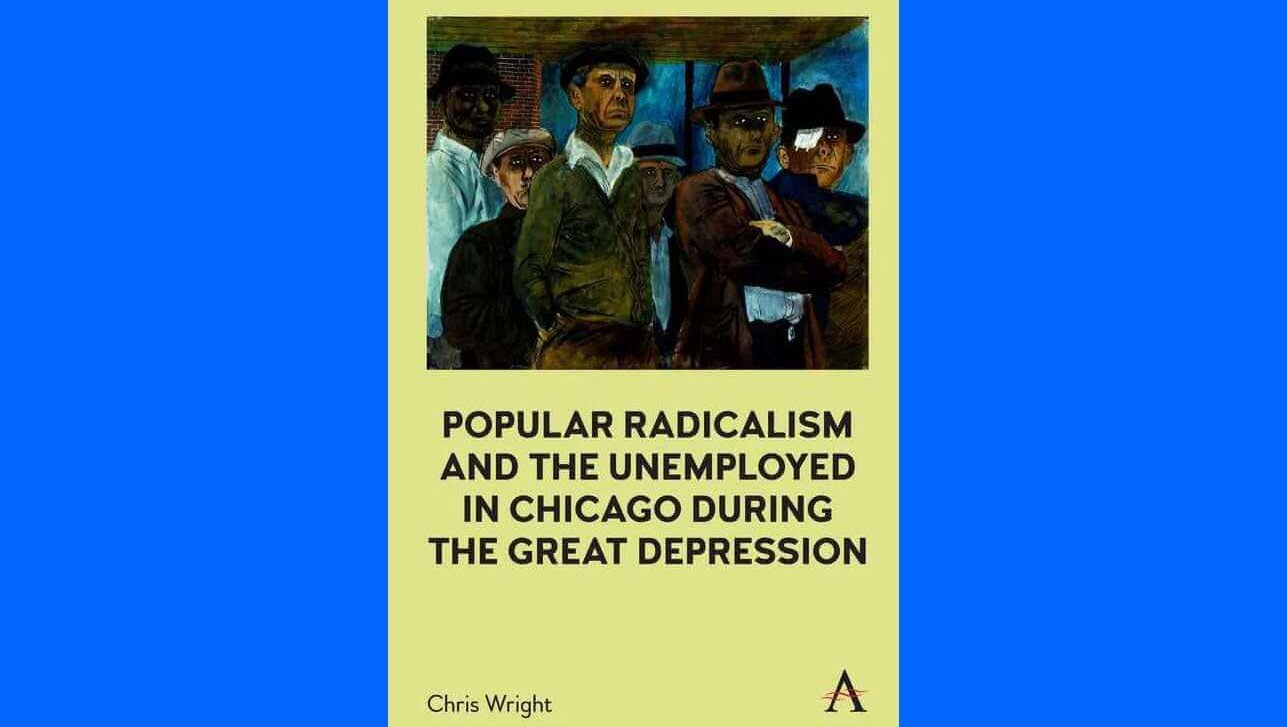I started my research on right-to-work laws almost ten years ago, when these decades-old statutes seemed a dead issue with no millennial saliency (no matter how injurious they remained). Rick Snyder just changed all that.
Well, in point of fact, Minnesota, New Hampshire, and Indiana lawmakers had put right-to-work back on legislative dockets in 2011, right when Governor Scott Walker went to war with Wisconsin public employees. Not to be outdone, Indiana governor Mitch Daniels signed a right-to-work law in early 2012.
But these contemporary Rustbelt assaults on solidarity seem far more insidious than the first postwar wave of statutes that I studied. Bills were drafted across the country after the 1947 Taft-Hartley Act permitted states to decide whether union membership should be a condition of employment (all of them adopting the language hammered out in the successful 1944 Florida and Arkansas initiatives). Yet right to work largely passed in Southern and Southwestern states where the trade union movement was weaker and more fragmented.

Organized labor was still potent enough in these states to weaken legislators’ resolve to pass a right to work bill. Mining executives, agricultural interests, and a slew of small-town boosters considered these laws essential for taking back control of their enterprises, reasserting their preeminence in local politics, and stealing industry from the well-unionized Steelbelt states. Business pressure may have forced bills to be introduced but lawmakers shied away from taking a stand, generally placing the question of union membership and security before voters (with heavily Republican Utah being the standout exception).
Rustbelt Republicans now brazenly introduce these bills over the objections of voters, unionists, and top politicians. And not just Obama. “I just think it would be a huge distraction right now,” Scott Walker replied when asked about a possible Wisconsin copy-cat law. Even Midwestern executives feared a right-to-work imbroglio. Minnesota lawmakers may have considered their 2011 proposal “the most important pro-jobs bill we can pass this session” but a member of the Minnesota Business Partnership asked: “So you get this, but what if you also get devastatingly bad legislation for growing jobs for the next two years? Then what?” Business Leaders for Michigan likewise consider a pending 2011 bill “a distraction and divisive—just as we need to come together as a state to continue our recovery.” “It draws attention from more important issues such as eliminating the industrial personal property tax, regulatory changes and streamlined government,” a Michigan Manufacturers Association executive warned.
But Rustbelt uproar can be interpreted several ways. Republicans now seem more dedicated to ramming through right-to-work laws than listening to their constituencies, an unsettling policy shift that says as much about this incendiary issue as it does about a general conservative disregard for democracy (be it on the shopfloor or polling station). Their success may also symbolize how embattled the labor movement is.
But I prefer to think these bills demonstrate a Republican awareness of a reinvigorated labor movement. The union ideal still inspires Americans, like the thousands who descend on the Wisconsin capitol, have traveled to Michigan to protest the law (even before the ink dried), or volunteered to canvass in Midwestern battleground states (not to mention right-to-work states like Arizona, Nevada, and Florida). Solidarity made a difference in 2012 and it can make a difference as Michiganders try to repeal this law.







4 Comments
Comments are closed.